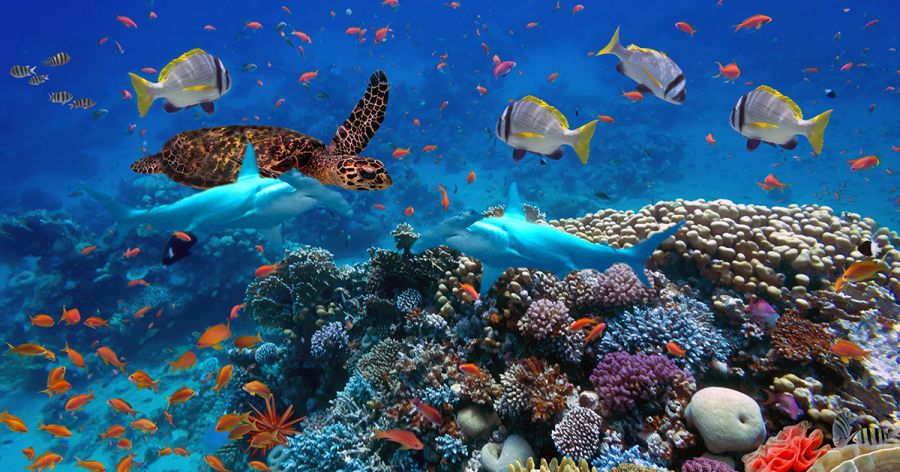TOWARDS THE EMERGENCY OF PROTECTIONFROM THE DEEP SEA |
|
|
A few months after the adoption of an agreement at COP15 on biodiversity aimed at protecting 30% of the land and 30% of the seas by 2030, the adoption of a treaty on the conservation and sustainable use of marine biodiversity in the high seas is a key step in protecting the ocean and its biodiversity and enabling a fair sharing of its resources. A historic agreement after years of talks This first international treaty for the protection of the high seas was adopted on March 4 by the member countries of the United Nations. An agreement described as historic, at a time when the health of the oceans is threatened by global warming, plastic pollution, overfishing and mining exploration of the seabed. The new agreement came after more than 15 years of discussions, including 4 years of formal negotiations between UN member states. However, it must be ratified by the 190 member countries before it comes into force. This treaty aims to develop a legally binding international instrument to strengthen governance of the high seas and establish the tools necessary for effective protection of the ocean and sustainable use of its resources. The high sea is international waters, which begin at the limit of the exclusive economic zones of the States, ie 370 km from the coast. The high seas make up more than 60% of the oceans. Above all, it constitutes nearly half (45%) of the Earth's surface. About 1% of international waters are currently subject to protective measures. With this new agreement, marine protected areas could be created on the high seas. The new global framework for biodiversity, adopted in Montreal last December, plans to protect 30% of the oceans. Climate sponges Since the beginning of the industrial revolution, around 1750, the oceans have absorbed around a quarter of the CO2 emissions released into the atmosphere. They have also absorbed almost all of the excess heat caused by rising greenhouse gases, 93% over the past 40 years. Without the oceans, the effects of global warming would be even greater. But by thus playing the role of climatic sponge, the oceans are acidifying and warming up, which profoundly modifies certain marine ecosystems. According to the UN, approximately 90% of the populations of commercially exploited fish species are depleted or nearing depletion. A mining eldorado at the bottom of the Pacific If terrestrial reserves of nickel are estimated at 230 million metric tons, those located at the bottom of the oceans are estimated at 306 million metric tons. However, the demand for this ore is on the rise, in particular to ensure the production of electric cars. This is also the case for cobalt and rare earths, whose underwater reserves are very much greater than those found on land. Called the Clarion-Clipperton zone, this approximately 7,200 km long geological fracture has an area of 4.5 million square meters, almost three times the area of Quebec. At a depth of 4000 to 5000 meters, there are significant amounts of cobalt, rare earths, nickel and manganese. Several mining exploration permits have been issued by the International Seabed Authority in recent years. Almost unknown areas Several scientists and environmental groups are calling for caution regarding seabed mining exploration. They cite in particular the lack of knowledge of these areas, which are more difficult to explore than terrestrial environments. In these circumstances, the impacts of mining activities, for example, could be underestimated due to a lack of information. One of the most important elements of the new agreement is that it includes the obligation to carry out environmental impact studies for proposed activities on the high seas, in areas beyond national jurisdiction. | |
| Britney Delsey for DayNewsWorld | |
 |
|




